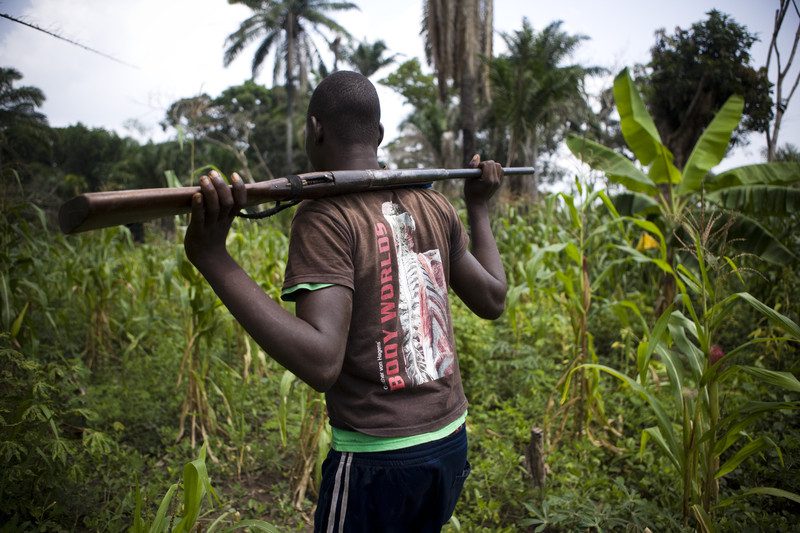Australia on the UN Security Council
The UN Security Council: can Australia make a difference?
After 26 years on the bench, on 1 January 2013 Australia will begin its two-year membership of the UN Security Council, the most powerful body of the United Nations.
Having worked so tirelessly to secure this seat, Australia will now be projected into the world’s premier decision making body on matters of international peace and security – a body which regularly deals with crises from Afghanistan to Democratic Republic of the Congo to Yemen. Since the end of the Cold War, the Security Council has been more active than ever before, and a seat at the table would give Australia substantially greater say in how the world responds to key peace and security issues facing the globe today.
Australia should focus its term on improving the way the Council acts to protect civilians – ordinary women, men and children whose lives are torn apart by conflict around the world. That includes improving the effectiveness of UN authorised peace operations and addressing the proliferation of arms.
Better protecting civilians in armed conflict
Every year millions of men, women and children are killed, raped, displaced, injured or recruited by force in armed conflicts throughout the world. As a humanitarian organisation with operations in most countries on the Security Council agenda, Oxfam’s workers hear the stories of civilians who disproportionately suffer as a result of conflict every day.
Working to better protect civilians in conflict should be a Security Council priority. While in recent years, the Council has shown increased determination to act in the face of threats against civilians, there are still too often cases where effective protection of civilians is impeded by political interests or plain indifference.
Australia has good experience to contribute in pushing the Security Council to act with the same determination to protect ordinary people in conflict – no matter who they are or where they live. This should include working to ensure that Security Council mandated peacekeeping missions from South Sudan to Afghanistan are better supported and held to account for their protection of civilians.
Find out more about Oxfam’s work to Protect Civilians in Armed Conflict:
Read Protection of Civilians in 2010: Facts, figures and the UN Security Council’s response
Summary
Full Report
Read No Time to Lose: Promoting the Accountability of the Afghan National Security Forces
Full Report
Read ‘We are entirely exploitable’: The lack of protection for civilians in eastern DRC
Full Report
Read For a Safer Tomorrow: Protecting Civilians in Multipolar World
Executive Summary
Full Report
Addressing the impacts of arms proliferation on peace and security
Every day, millions of people suffer from the direct and indirect consequences of arms proliferation: thousands are killed and injured, many experience sexual and gender based violence including rape, many are forced to flee their homes and many more are forced to live under constant threat of weapons. Illicit and unregulated flows of arms continue to destabilize communities and global military spending is averaging its Cold War peak levels.
In countries where arms are identified as a factor fuelling threats to peace and security, Australia should encourage the Council to more consistently address illicit and unregulated arms flows, in line with international obligations and norms.
Since 2006 Australia has played a leading role in on-going negotiations towards the worlds’ first legally binding Arms Trade Treaty regulating the international trade in conventional arms. Australia should use its position on the Security Council to advocate for a strong and effective Arms Trade Treaty and for negotiations to be promptly finalized.
Learn more about Oxfam’s work on the Arms Trade Treaty here.
What you can do:
Find out more with our ‘ten things you need to know‘
